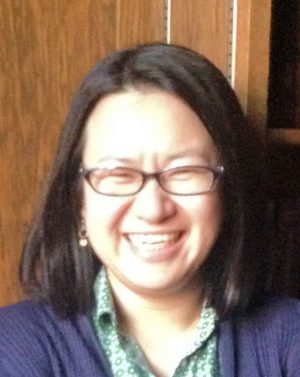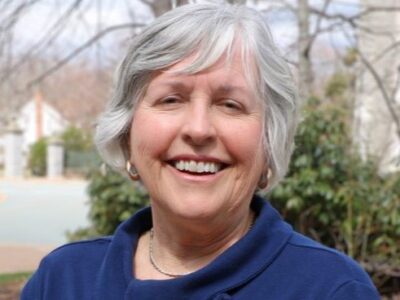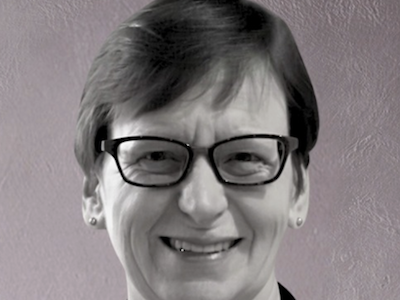 By Aya Okada.
By Aya Okada.
Despite Japan’s long history of charity, its institutional arrangements around the nonprofit and philanthropic sector only accelerated in the late 1990s. The NPO Law of 1998 significantly lowered the hurdles for obtaining legal status. Nonprofit corporations became able to receive tax-deductible donations in 2001. Reforms of the public-interest corporation system in 2000-2008 allowed civil society organizations (CSOs) greater freedom in their operations. Plus, increasing numbers of local governments established ordinances and other schemes to enhance their partnerships with CSOs.
In principle, these developments favoured CSOs and introduced what the sector had been seeking for years. Today, however, many CSOs see these provisions as user unfriendly and are reluctant to take advantage of them. For example, many nonprofit corporations don’t seek approval for their donations becoming tax deductible because the standards are too demanding. The number of specified nonprofit corporations has stagnated, reaching a peak in 2017 and declining since then. Reform will require the participation of diverse actors.
Ways ahead
First and foremost, policy makers must recognize the advantages that freely operating CSOs bring to society, and the need for operational standards that will realize those advantages. CSOs must speak clearly and convincingly about the problems with the existing system, backing their claims with evidence. Their potential for acting collectively has been demonstrated in the wake of the COVID-19 pandemic. In 2020, CSOs across Japan quickly organized surveys to understand its impact on the sector as early as February, gathered data, and acted as a coalition to submit an official request to the national government in early March.
Their case should be directed not simply to the government, but to citizens as well, shifting and correcting the public perception of the sector from it being a group of volunteers to it being a group of professionals whose potential for improving social conditions is now stymied.
Academics also have a role in making this case by strengthening the theoretical and empirical underpinnings of how CSOs’ more active engagement can build a better society.
It is through these intertwined efforts that the need for reform will be better known – leading the way for Japan’s institutional arrangements to become more user-friendly.
Aya Okada is an Associate Professor of Civil Society and Nonprofit Studies at the Graduate School of Information Sciences, Tohoku University, Japan. She gratefully acknowledges the insights of Haruya Sakamoto (Kansai University), Yu Ishida (Miyagi University), Yasuhiko Kotagiri (Tokushima University), and Takako Nakajima (Osaka University of Commerce) in preparing this report. Okada is on LinkedIn. (Photo of Japanese pagoda is courtesy of David Edelstein and Unsplash.)
Click for next story in the Asia-Australia policy series.
Sign up for PANL Perspectives' free, monthly newsletter
Wednesday, May 12, 2021 in Asia-Australia
Share: Twitter, Facebook



